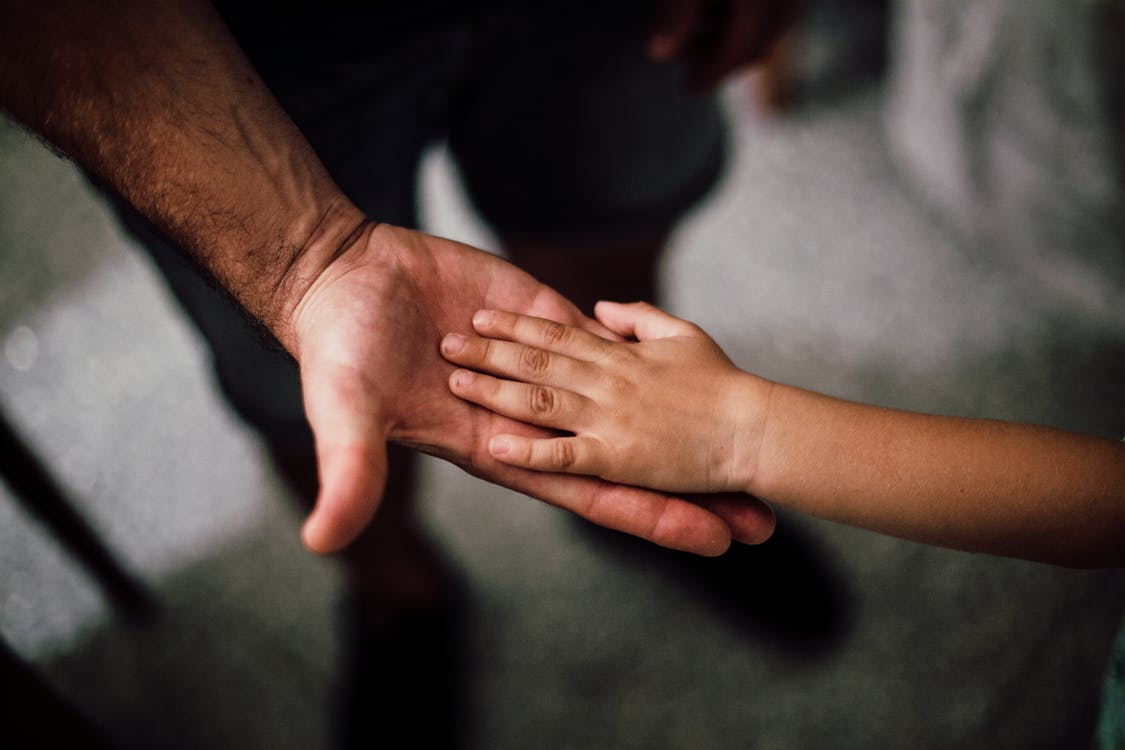The American Foundation for Suicide Prevention reports that in 2017, there were some 1,400,000 suicide attempts in the US, with white males accounting for almost 70 percent of the 47,000-plus suicide deaths.
Cassandra Jaramillo, a public safety reporter for The Dallas Morning News, found another pattern getting far less attention – the rate of suicide among young black and Latino men is rising.
Jaramillo says suicide rates have grown faster among black and Latino men compared to their white counterparts, and experts say there is no direct cause as to why.
“They do point to the unique challenges that young men of color face, such as being more likely to live in poverty, being exposed to traumatic events in childhood, being exposed to violence, which can turn to real mental health disorders later in life,” Jaramillo says.
The issue is complicated by barriers to health care. Texas has the fewest mental health facilities per capita in the nation, and Dallas County has only 16 mental health care facilities, despite its population of 2.5 million.
“If you don’t have the money to open more facilities, much less expand the care that’s available and the facilities that are there, then the county’s not doing the best that it can in taking care of people with real mental health illnesses and disorders,” Jaramillo says.
With mental health facilities lacking, Jaramillo says mentorship organizations, such as Donald Parish’s A Steady Hand, are trying to raise awareness about mental health and start conversations within families.
“Don’t just dismiss bad behavior as, ‘Oh he’s just bad,’ or, ‘He’s crazy,’” Jaramillo says. “There’s sometimes more underlying issues that need to be talked about.”
Jaramillo says black and Latino teenagers who feel anxious or depressed often don’t reach out for help because they’re scared of being judged or seen as not tough enough.
“Parish is really trying to end that stigma and getting these boys to recognize that emotions are normal and they need to talk to someone about it,” Jaramillo says.
Written by Sara Schleede.

















